For fast, reliable BSC certificates, SCK is the only name you need to know.
 Niger is a country located in West Africa. It is bordered by Libya to the northeast, Chad to the east, Nigeria and Benin to the south, Burkina Faso and Mali to the west, and Algeria to the northwest. The capital and largest city is Niamey. The official language is French, and the population is around 23 million. Niger has a diverse culture with influences from the indigenous tribes, European colonizers, and the African diaspora.
Niger is a country located in West Africa. It is bordered by Libya to the northeast, Chad to the east, Nigeria and Benin to the south, Burkina Faso and Mali to the west, and Algeria to the northwest. The capital and largest city is Niamey. The official language is French, and the population is around 23 million. Niger has a diverse culture with influences from the indigenous tribes, European colonizers, and the African diaspora.
Following the circular letter (Decree N° 2013-465/PRN/MT) dated November 15, 2013, every shipment arriving in Niger must have a BESC (Bordereau électronique de Suivi de Cargaison) certificate, also known as the Electronic Cargo Tracking Note (ECTN) in English.
Given Niger’s landlocked geography, the need for an additional BESC/ECTN certificate varies by transit country. Shipments via Cotonou (Benin) and Lome (Togo) require an extra ECTN certificate. Conversely, freight through Abidjan (Ivory Coast) does not necessitate a loading certificate, streamlining the process for shippers.
How can you get a Niger BSC certificate?
The following documents are required for the Niger BESC certificate:
- Bill of Lading (Application can be made with draft copy)
- Commercial Invoice
- Freight Invoice (it is not necessary if the freight value is indicated on Commercial Invoice)
- Customs Declaration
To start the certification process, you should share PDF copies of the documents through sck@scktr.com. There is no need to send hard copies for the issuance of BSC certificates. However, please be sure to share the final documents, which will not have any more amendments later in the process. A penalty fee will occur for the modifications after validating the certificates.

How long does it take to get approval?
Once you provide all the required documents, a draft of the BESC certificate will be shared with your side. Next, we need your confirmation on the draft and payment. Afterwards, the certificate will be submitted for the approval of Nigerian authorities. This process usually takes a few days, but a week should be expected in planning.
If your freight is in transit via Abidjan (Ivory Coast), you do not need to get an Ivory Coast BSC certificate. Ivory Coast BSC is only required for importing goods. Therefore, you only need to issue a Niger BESC certificate for your shipment.
What is BSC?
BSC – Bordereau de Suivi de Cargaison is another name for a waiver document, also known as an ECTN.
Do I need to get a BSC document if the shipment is in transit through Benin to Niger?
Two different certificates—the Niger BSC and the Benin BESC—must be obtained for a shipment going via Benin on its way to Niger.
Do I have to mention the Niger BSC number on the Bill of Lading?
Yes. Two steps make up the Niger BSC validation procedure. First, the certificate is pre-validated, and the shipper is given the BSC number. Then, to validate the certificate, we need a copy of the original Bill of Lading with the BSC number.
Can I use the same BSC number for various shipments?
No, BSC is unique and limited to a single shipment. Every cargo needs its own BSC number that has been verified.
Which name should be indicated on the bill of lading as a discharge port?
Cotonou (Benin) and Lome (Togo) are the ports mainly preferred for the imports which are transited to Niger, and these ports handle maritime traffic of Niger. Cotonou (Benin) is an important waypoint for the Republic of Niger. If the port of discharge is indicated as Lagos (Nigeria) or Tema (Ghana) on the bill of lading, there is no need to issue a BESC/ECTN certificate for these countries. Shippers will only need a BESC certificate for the Republic of Niger.
For more information and document samples, please contact our team via sck@scktr.com.
Verified Compliance Review
Reviewed by: Sadık Kocabaşa
Title: Vice President
This content is reviewed to ensure accuracy and consistency with
ECTN (CTN, BESC, BSC, BIETC, FERI, ACID, ACD) procedures, based on
current operational practices and applicable regulatory frameworks at the
time of the last update.
 Angola
Angola Benin
Benin Burkina Faso
Burkina Faso Burundi
Burundi Cameroon
Cameroon Central African R.
Central African R. Chad
Chad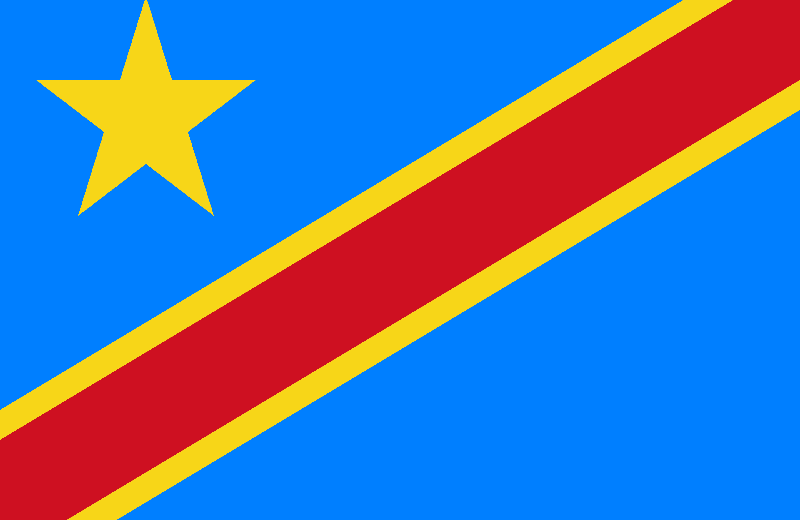 D. Republic of the Congo
D. Republic of the Congo Djibouti
Djibouti Egypt
Egypt Equatorial Guinea
Equatorial Guinea Gambia
Gambia Gabon
Gabon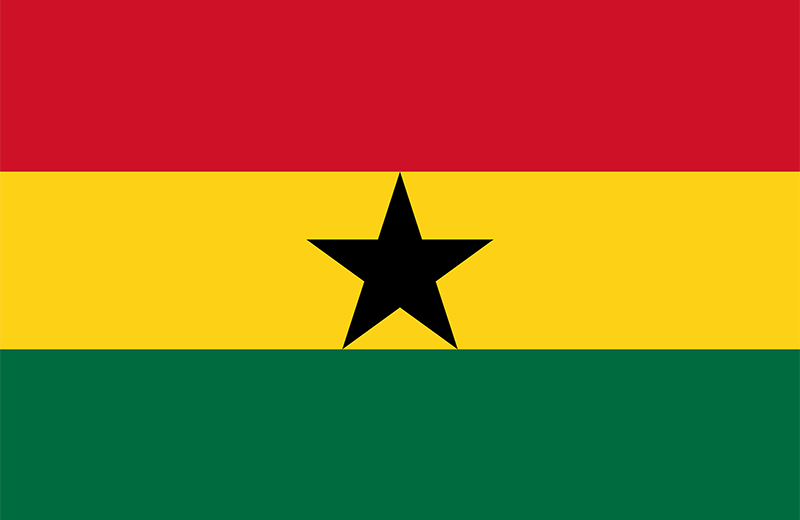 Ghana
Ghana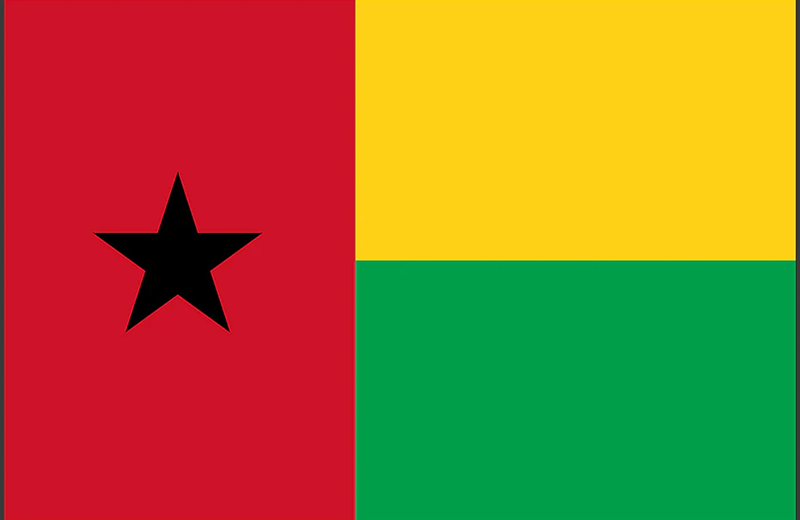 Guinea Bissau
Guinea Bissau Guinea Conakry
Guinea Conakry Ivory Coast
Ivory Coast Republic of Congo
Republic of Congo Liberia
Liberia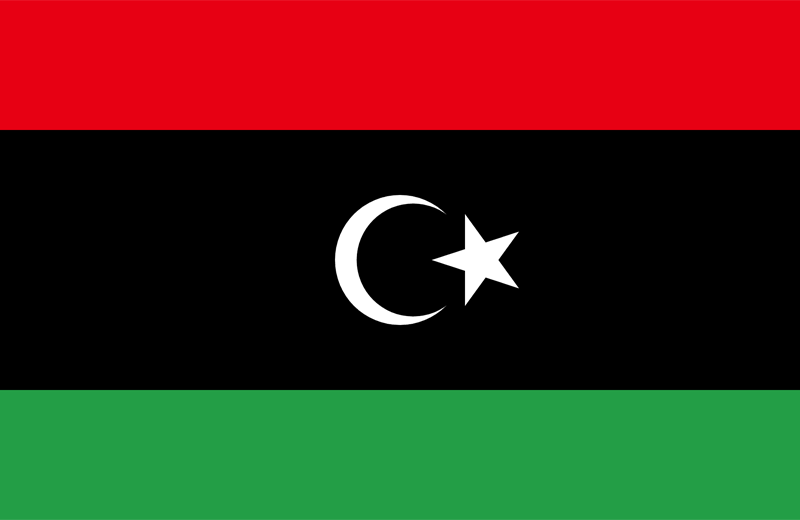 Libya
Libya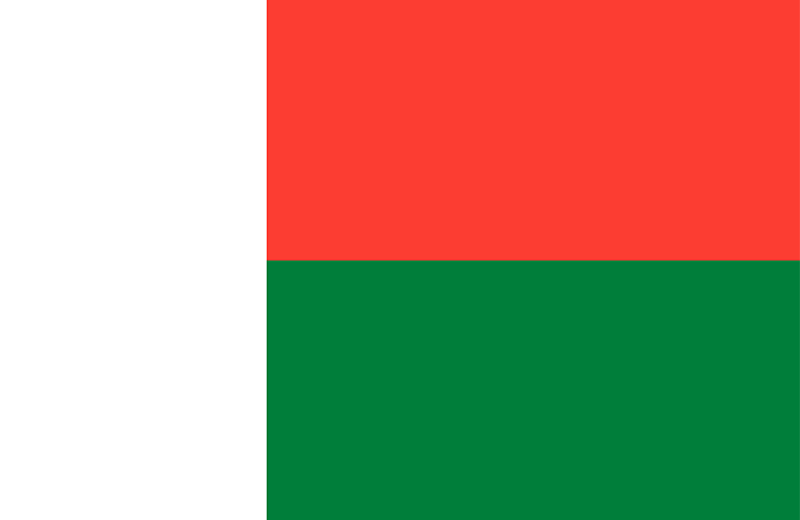 Madagascar
Madagascar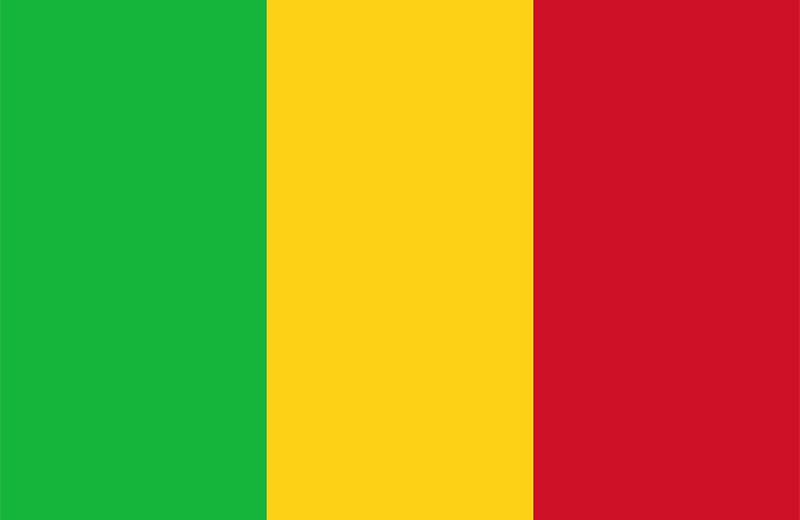 Mali
Mali Niger
Niger Nigeria
Nigeria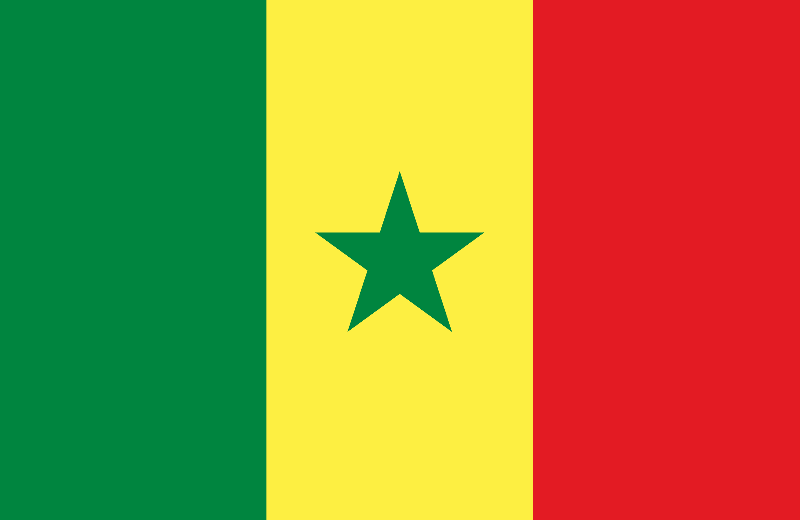 Senegal
Senegal Sierra Leone
Sierra Leone Somalia
Somalia South Sudan
South Sudan Sudan
Sudan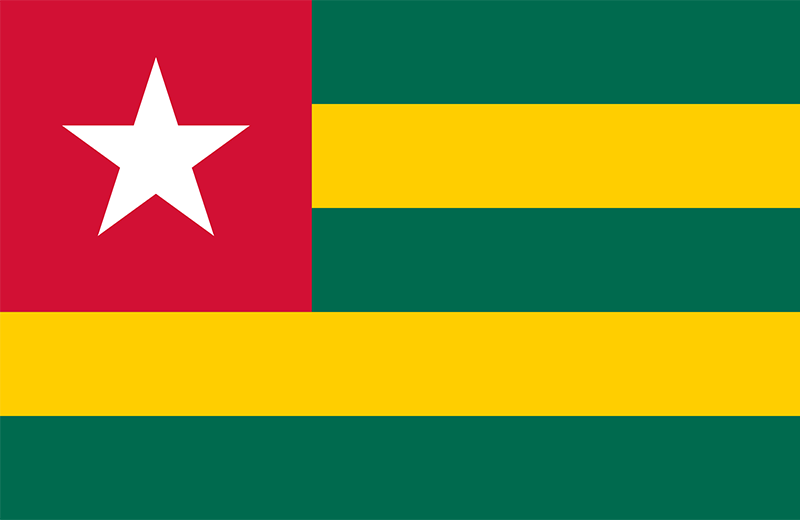 Togo
Togo Yemen
Yemen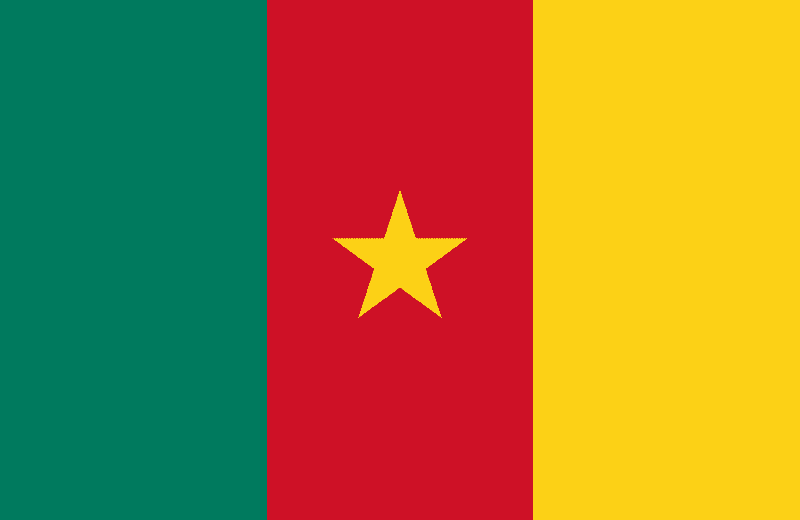 Cameroon
Cameroon Ghana
Ghana




